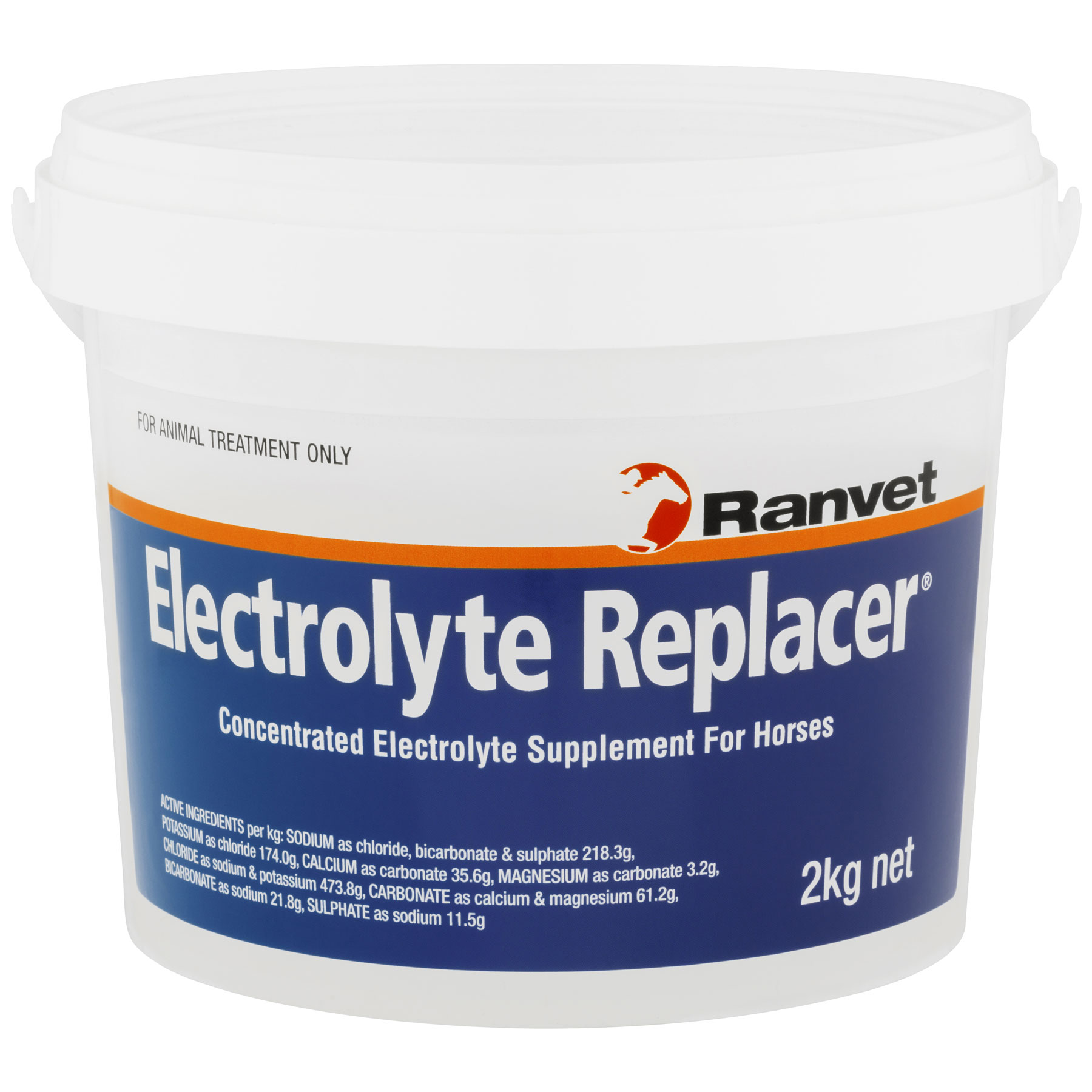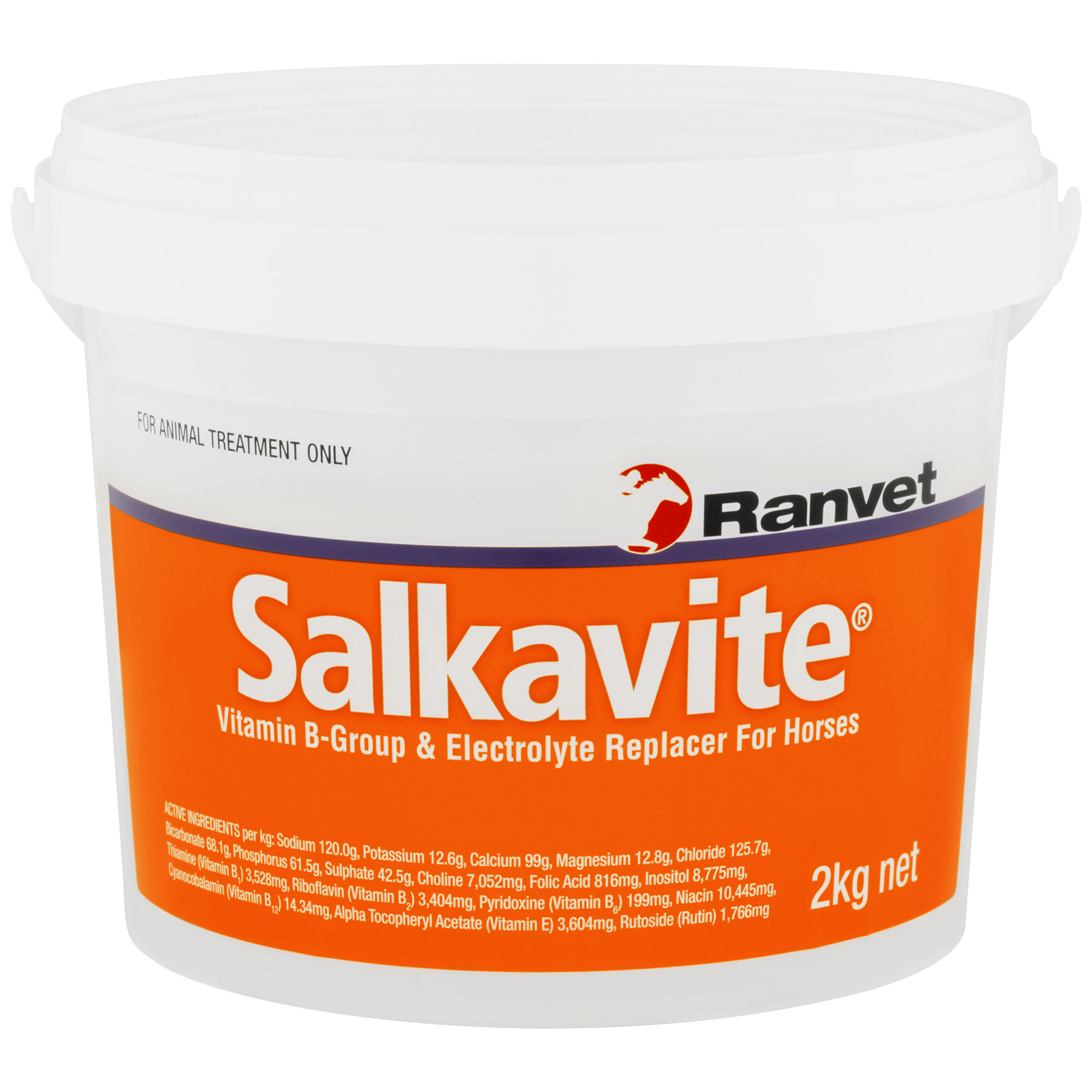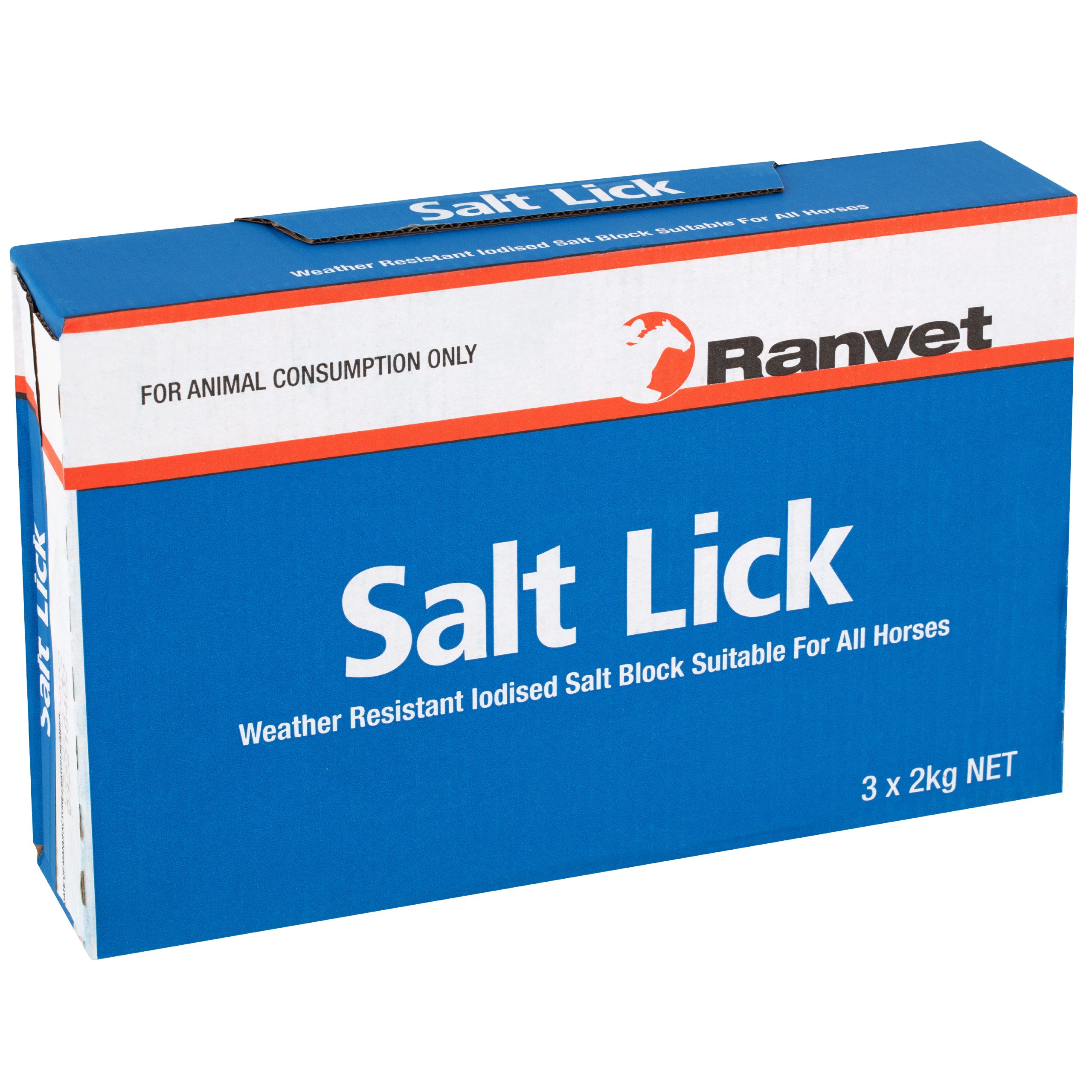Salt – Why is it so important in your horse’s diet?
Salt or sodium chloride is often overlooked in a horse’s diet especially in winter, but it is one of the most important things we can be feeding our horses. Salt being an electrolyte helps to maintain fluid balance and hydration. It is crucial to the nervous system, digestion and muscle function of your horse, and chloride is necessary to help balance pH levels in the blood. Salt is continually lost through body fluids such as sweat, saliva and urine, therefore it must be constantly replenished.
How does all this work? Basically, a horses sodium levels are what signals horses to drink, it stimulates their thirst response. If a horse has a salt deficiency their sodium levels drop. If these levels get to low the body will stop excreting sodium to help retain levels, once this happens the horse starts consuming less water because of these low levels, they then become dehydrated.
Some of the effects of salt deficiency and low sodium levels
- Dehydration
- Heat stress
- Electrolyte imbalance
- Weight loss
- Loss of appetite
- Muscle weakness
- Constipation
- Colic
- Decrease in milk production in broodmares.
- Licking of unusual objects
The salt requirements of a horse obviously increase as their workload increases, a horse doing moderate to heavy work will require more than a horse just resting in the paddock. It is also a misguided assumption that a horse requires less salt in the cooler months. No matter what time of year horses still need to maintain their hydration and sodium levels via their salt intake. Whilst they might not be sweating as much, their water consumption can drop due to lower temperature’s (even the temperature of the water can affect how much they drink as water becomes colder)
So how much salt should you be feeding you horse?
If you put a salt lick in with your horse this allows them free access and they can consume it as required, and it’s an easy way to make sure they are getting what they need. If you horse is on agistment this can save a lot of hassle and is a great measure especially if you have several horses in the same paddock. However, if you have a horse in work and they are losing more through their sweat, it can be hard to monitor their intake from only a salt lick, so it may be necessary to supplement some salt in their diet. This can be added easily to their feed. The average 500kg horse resting in the paddock requires approximately 30 grams of salt a day, this can be increased up to 60 grams a day depending on warmer weather or workload.
Salt is a cheap but crucial part of you horses diet, not only is it important for hydration but salt deficiency can certainly affect performance and overall health. Ideally you can feed a combination of an electrolyte and a salt lick. Ranvet’s Electrolyte Replacer or Salkavite will provide all your horses daily needs that in conjunction with Ranvets weather resistant and molasses free Salt lick are a perfect combination. And remember your horse always needs a good supply of fresh clean water.
Written by Selena P.
Experts in Equine Nutrition
Every product in the Ranvet range has been developed to meet a horse’s most specific need at any given time, be it in a training environment or on a breeding farm. Having pioneered the formulation of specific medications and dietary supplements for horses, the company is now recognised as a leader in the areas of equine health and nutrition.



